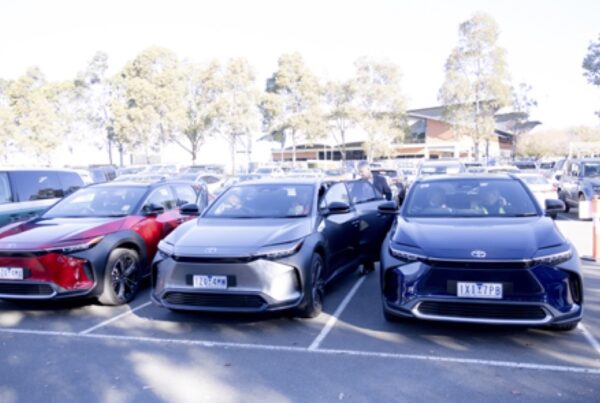Why do you own a car? What is the reason you own that car?
These are among the many deceivingly simple questions that Andrew Somers of Mobility as a Service (MaaS) posed to fleet management stakeholders at AfMA’s Professional Development Forum last Thursday in Melbourne.
“I can tell you that things are going to change…but change also brings opportunity,” he said.
KPMG’s 2017 Global Automotive Executive Survey suggested that 59% of auto executives absolutely or partly agree that half of today’s car owners will no longer want to own a car in 2025.
“Some of the people who are going to be impacted by this, are starting to see at least the prospect of substantial change,” Somers said.
Figures like these suggest a radical shift in the way individuals, businesses and cities as a whole will engage with mobility in the next decade. Experts predicts that the methods in which we move, commute and connect are set to change more in the next 10 years than they did in the last 100.
With that in mind, one new smartphone app is paving the way forward when it comes to mobility solutions.
Known simply as Whim, the app has the power to remove the hassle of transport planning and constant one-off payments that are so often attached with travel, by automatically calculating the best transport options at any given time.

Some of the ways Whim is expected to simplify fleet management planning.
Since its launch in the fourth quarter of 2016 the mobility assistant has seen generally positive feedback in its test-bed launch site in Helsinki, Finland with strong international media interest in the product. For the team at MaaS, the system is already changing user habits in regards to fleet management, saving businesses time and money, while also increasing productivity.
“What we would like to see in cities is using a car only when it is necessary, and not just using a car for every trip all the time,” Somers said.
“The future Melbourne of 7 million people can’t grow through cars.”
The basic premise of Whim see users charged a monthly subscription fee, which translates into public transport access, taxi/Uber fares and shared vehicle leasing. In its current setup users can choose from a selection basic and business plans or even one-off payment services.
It is hoped that by providing a single mobility account fleet managers can expect a “streamlined” experience to assist with costs and efficiency, while providing seamless and flexible movement for the traveller.

Those already using Whim have seen a dramatic shift in their transport patterns.
Despite the significant breakthroughs, Somers warns that Australian consumers shouldn’t be in any hurry to cancel their current fleet management in the short term.
“There are cultural differences between Finland and Australia…but there are reasons why a city like Melbourne is not quite ready for something like Whim to go operational,” he said.
“Don’t necessary bet the farm on these new technologies, but start preparing, testing and do some hands-on learning with them now”.
AfMA’s next Melbourne professional development forum will be held on November 2.



















